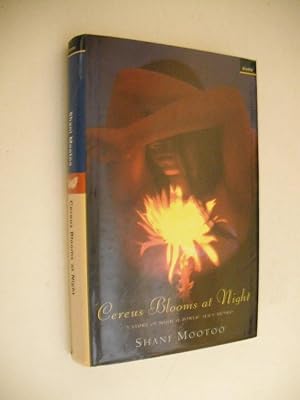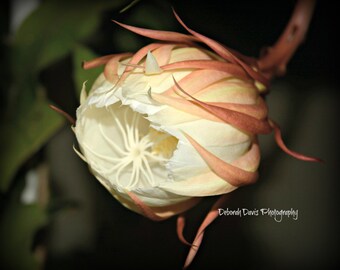


The themes developed by Mootoo both relate her fiction to a Caribbean literature whose counter-discursive style is closely linked to the notions of memory and history, and to the denunciation of colonisation. After the publication of some collections of short stories and poems, she wrote Cereus Blooms at Night, her first novel, as a cathartic deliverance, as she announces in the preliminary presentation of her work. This multitalented artist (she is also a video artist and painter) migrated to Canada at the age of nineteen, to flee Trinidad and the violent space of a family where life had become hellish under the assaults of an incestuous uncle. In her novel, this Indo-Trinidadian Canadian writer situates her narration in the prism of ambiguity, evoking, in a chaotic superposition of contradictory and crude images, the life of a mad woman, Mala, who is arrested by the police for having killed her father.Ģ Shani Mootoo is one of the most unsettling of the new generation of Caribbean writers. Shani Mootoo, the author of Cereus Blooms at Night (1996), has undoubtedly been seduced and convinced, when naming her novel, by the attractive and disconcerting sensuality of this tropical cactus, and by the symbolic load of this wild night-blooming plant.

1 Once a year the cereus produces a giant white flower exhaling an indecent fragrance of female sexuality.


 0 kommentar(er)
0 kommentar(er)
